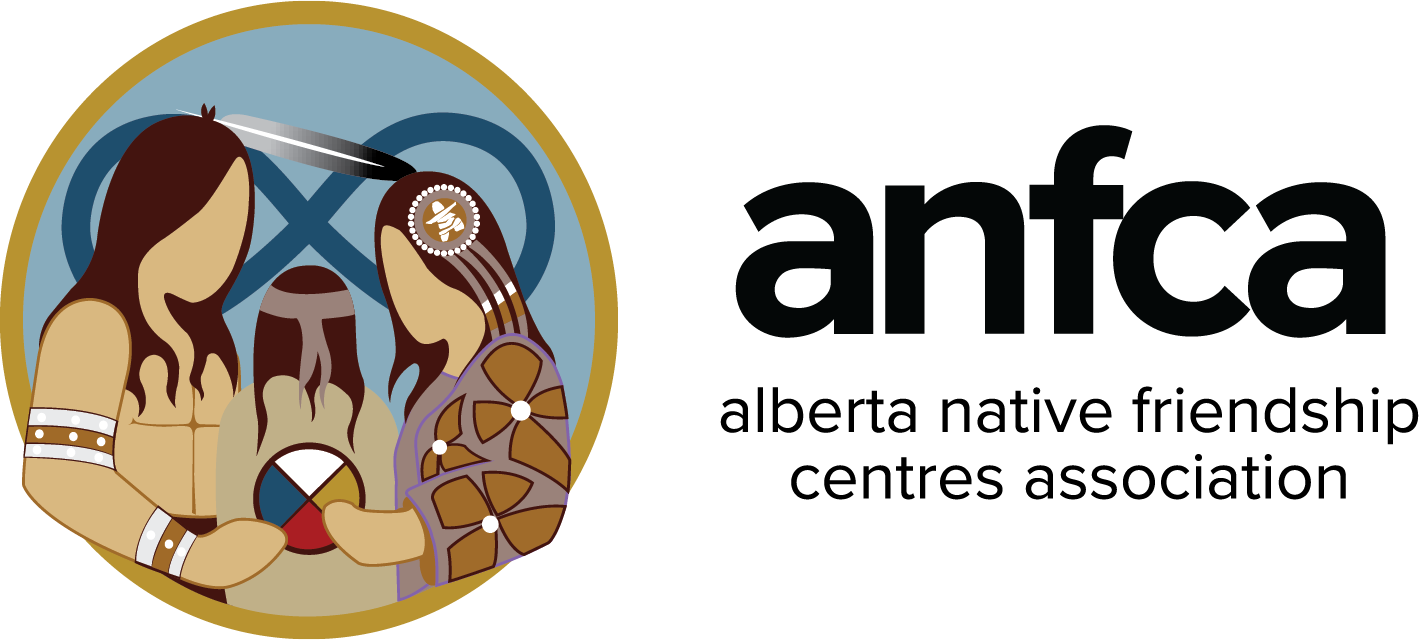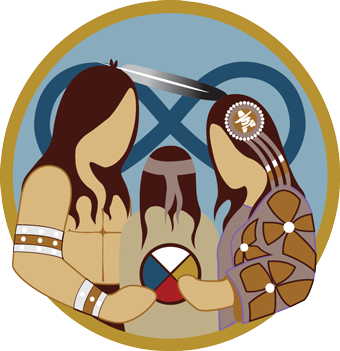Our Shared History
The Friendship Centre Movement began in the mid-1950s when local groups were formed across Canada to represent the interests of Indigenous peoples migrating from outlying reserves and Métis Settlements to urban areas. These groups became known as Friendship Centres.
In the late 1960s, Friendship Centres began organizing into Provincial/Territorial Associations (PTAs) aimed at providing administrative support to each of the local Friendship Centres within their specified region. The increased organizational network that resulted from the creation of PTAs enabled local Friendship Centres to focus more diligently on assisting Indigenous peoples in adjusting to their new urban environments.
On April 28th, 1970, Alberta Native Friendship Centres Association (ANFCA) was the first Provincial/Territorial Association to be incorporated in the Friendship Centre Movement. In the years that followed six additional PTAs were formed across Canada.
During this time of foundational growth and development, National Association of Friendship Centres (NAFC) was established to ensure a national Friendship Centre perspective was championed.
NAFC was established in 1972 to represent, nationally, the growing number of Friendship Centres emerging across Canada. As the national body of the Friendship Centre Movement, NAFC is democratically governed by a voluntary Executive Committee and a volunteer Board of Directors, is status blind and accountable to its membership.
In Alberta, 21 member Friendship Centres work to improve the lives of urban Indigenous people in their communities. As part of their mandate, Friendship Centres welcome all community members regardless of place of origin or status to partake in their services and programming – they are status blind and non-political, not representing, but supporting and advocating for all community members who seek their support. This sense of inclusivity has earned Friendship Centres the reputation of caring, culturally driven community organizations who are committed to improving socio-economic situations. Inclusivity is one of the core values of the Friendship Centre Movement.
Some Interesting Friendship Centre Details
As grassroots organizations, Friendship Centres rely on the valuable contribution of volunteers and staff to make their programs successful and to realize genuine improvement in the quality of life of urban Indigenous people.
Within ANFCA region, member Friendship Centres serve over 100,000 people annually, of which approximately 75% are of Indigenous ancestry and 25% are non-Indigenous.
There are member Friendship Centres located in urban centres as small as High Prairie (2,600 people) to the City of Calgary (1,096,833 people). The most northern centre is located at High Level in the northwest part of the province and the most southern centre is located at Pincher Creek in the southwest corner of the province.
Friendship Centres not only support their 21 urban centres, they also provide programs and services to urban Indigenous people transitioning to urban centres from over 140 First Nations reserves and 8 Métis Settlements as well as to the urban Indigenous people not connected to a nation or land base.
Friendship Centres are determined, creative, resourceful – they are skilled at leveraging funding contributed by federal and provincial governments. It is estimated in Alberta over $9 million dollars is annually contributed through leveraging efforts of the 21 member Friendship Centres.
ANFCA is a registered charitable organization that is also incorporated under the Alberta Societies Act. All Friendship Centres in Alberta are not-for-profit, community based organizations registered under the Alberta Societies Act, with many centres also registered as charitable organization with CRA.
Friendship Centres were and continue to provide culturally-based programs and services that respond to the distinct needs of urban Indigenous people. They are known for their ability to bridge gaps that exist between Indigenous and non-Indigenous peoples in urban areas. Friendship Centres have long been recognized by government and community members for contributing to the revitalization of Indigenous culture; developing greater awareness and understanding of urban Indigenous peoples and their role in Alberta communities.

